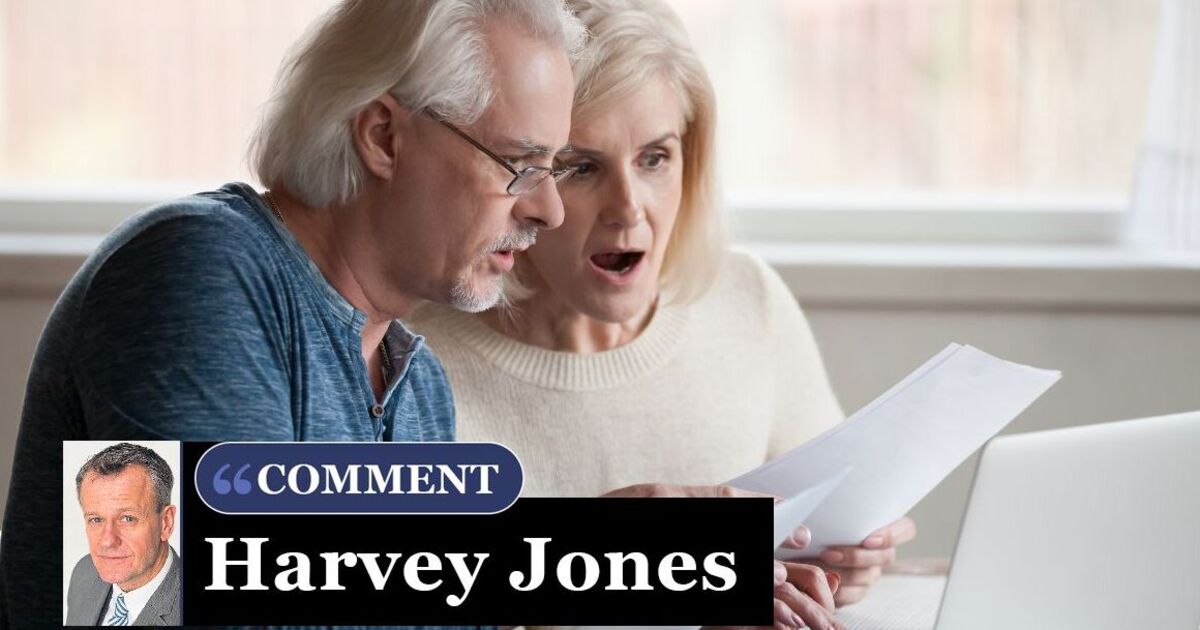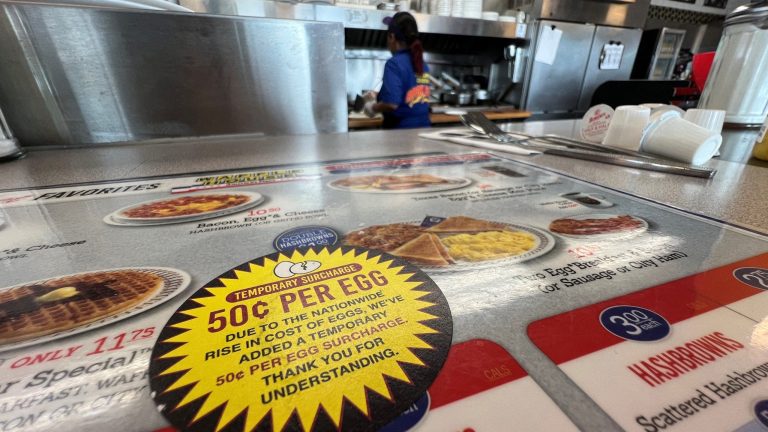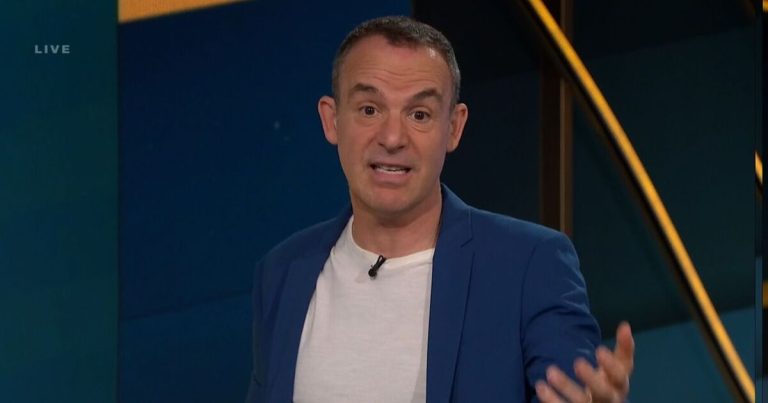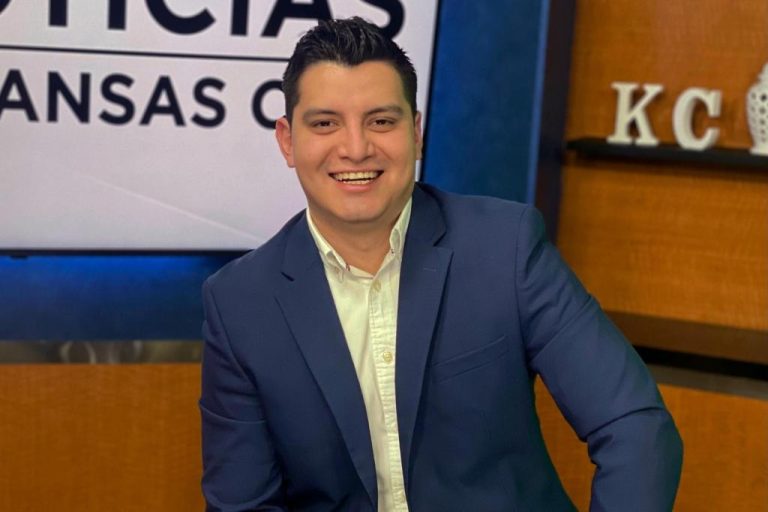
Roughly three quarters of the nation’s 12.5million pensioners will pay income tax this year, of whom 650,000 may be doing so for the first time since they retired. They need to prepare for what’s coming their way.
Two successive state pension triple lock increases of 10.1 percent and 8.5 percent, combined with Chancellor Jeremy Hunt’s six-year freeze on income tax allowances, are dragging more into HMRC’s clutches.
With the new state pension paying up to £11,501 a year as of Monday, retirees only need a small amount of income from other sources to breach the £12,570 personal allowance.
Any income above that may become liable for basic rate income tax at 20 percent. Fortunately for pensioners, they do not have to pay National Insurance.
Many pensioners with higher incomes may now be pushed into the 40 percent tax bracket, which kicks in once annual earnings top £50,270.
Stephen Lowe, director at retirement specialist Just Group, said the number of pensioners who have to pay tax will grow every year with the personal allowance frozen until the 2027/28 tax year.
Many will not be prepared.
“The nightmare scenario is that someone unexpectedly finds they owe tax, plus penalties for late payment, too. On top of that, they have the stress and bother of dealing with HMRC.”
HMRC doesn’t tax the state pension, so any money you owe will be deducted from other sources. Further complicating matters, the taxman will do this in two different ways.
First, income from a defined benefit “final salary” company pension, annuity or drawdown is taxed automatically under Pay As You Earn (PAYE).
HMRC does this by adjusting your Tax Code which tells employers and pension companies how much tax to deduct. Many will be surprised to get less income and blame their provider when in fact HMRC is behind the change.
I’ve already received letters from readers who wondered why the income from their fixed-rate annuity has just been cut. Many wrongly blamed their provider. In most cases, it was because HMRC had adjusted their Tax Code.
The second method of withdrawing tax could cause even bigger problems.
Several sources of pensioner income are paid gross, without tax being deducted.
These include the state pension, interest of non-Isa savings accounts, dividends on non-Isa shares, and profits from self-employment or a rental property.
Lowe has bad news here: “The onus is on you to give HMRC the right information and pay the correct amount of tax.”
Typically, you must do this by filing a self-assessment tax return, showing all of your income during the tax year. This could cause massive confusion for any pensioner who has never done one before.
Older pensioners could find the process particularly worrying.
You can see if you need to register by visiting online government hub Gov.uk/check-if-you-need-tax-return.
Also, consider signing up for a Government Gateway account, which lets you check your state pension, income and Tax Code.
Unfortunately, self-assessment is partly based on estimates or previous tax returns, which means people can pay too much or too little.
Lowe warned. “Sometimes, tax missed one year can be collected next year without penalty. In other cases, penalties and demands can be immediate.”
Calling HMRC helplines requires time and patience, amid long waiting times. “Luckily, a proposal that helplines close for six months every year has been dropped,” Lowe added.
As the state pension edges closer to the personal allowance, pensioners with other earnings need to keep on top of their Tax Code, said Andrew Tully, technical services director at Nucleus Financial.
READ MORE: State pensioner fury as payment increase lands them surprise HMRC tax bill
Keeping your Tax Code up to date isn’t easy, especially if you have multiple sources of income. “Every time something changes, even something small, it will impact your code.”
Tully added: “If you are underpaying you will get a big demand at some point. Overpaying isn’t ideal either.”
This is clearly going to be hugely complicated, and could be tough for older people who have never paid tax in retirement to get their heads around HMRC’s Byzantine systems.
Just one example is the way HMRC charges someone making a one-off drawdown withdrawal as if they are taking it every month of the year, and taxes it accordingly.
Many pay thousands of pounds in tax they do not even owe. They either have to claim it back or wait for HMRC to adjust their Tax Code at the end of the financial year.
The next year will be tough for pensioners, taxwise, and it will only get tougher after that. It’s important they don’t stick their heads in the sand, but seek help if confused. Ideally, before any fines kick in.







